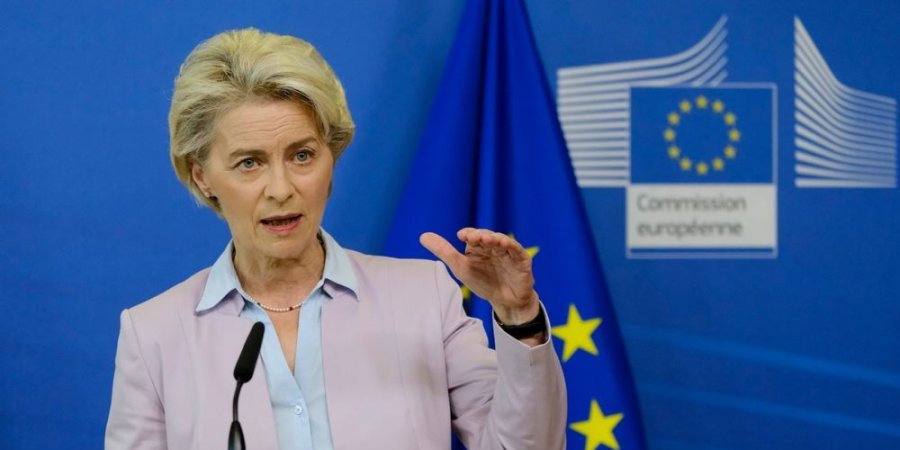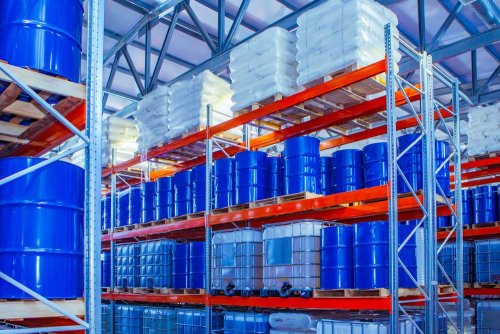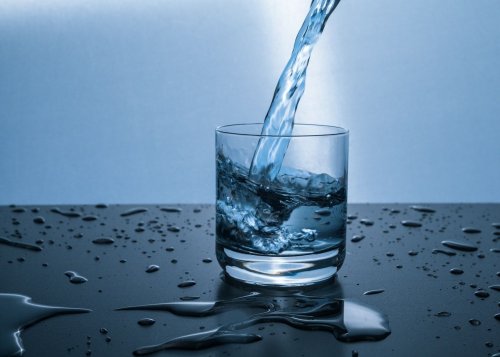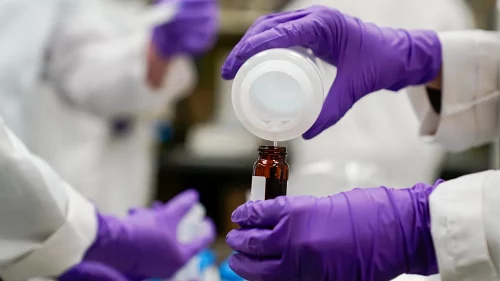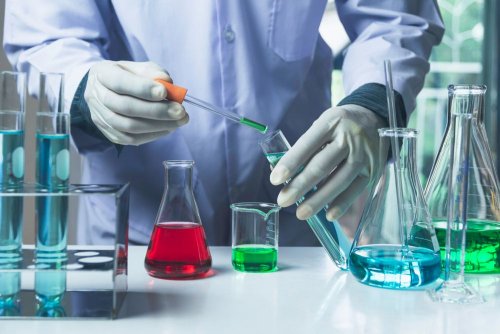The European Commission has unveiled the long-awaited additions to the omnibus package to ease the administrative burden for EU companies that may affect the management of chemicals.
This is reported by Euroactiv.
To help “rationalize” reporting obligations, the European Commission proposes to abolish the Substances of Concern in Products (SCIP) database under the Waste Framework Directive.
Currently, the law requires suppliers to notify the European Chemicals Agency of any products containing chemicals on the EU's candidate ban list in concentrations above 0.1%.
The EU executive also promises to review some aspects of the Extended Producer Responsibility (EPR) rules, a controversial area where chemical and pharmaceutical companies are currently fighting against the obligation to pay for the removal of product residues from wastewater.
The future environmental omnibus may also target EU environmental directives that predate the Green Deal of the first European Commission of President Ursula von der Leyen and have been recognized by NGOs, the European Environment Agency, and the Commission itself as appropriate for use but poorly implemented in practice.
At least, that is one interpretation of the European Commission's proposal that a package of amendments to EU laws aimed at reducing bureaucracy may include “addressing problems with the issuance of permits related to environmental assessment,” the publication says.
Comments and suggestions on the proposed changes can be submitted until midnight on September 10, and the adoption of the legislative proposal itself is scheduled for the fourth quarter of 2025.
A month ago, EcoPolitics reported that the European Commission wants to withdraw its proposal aimed at combating greenwashing.

